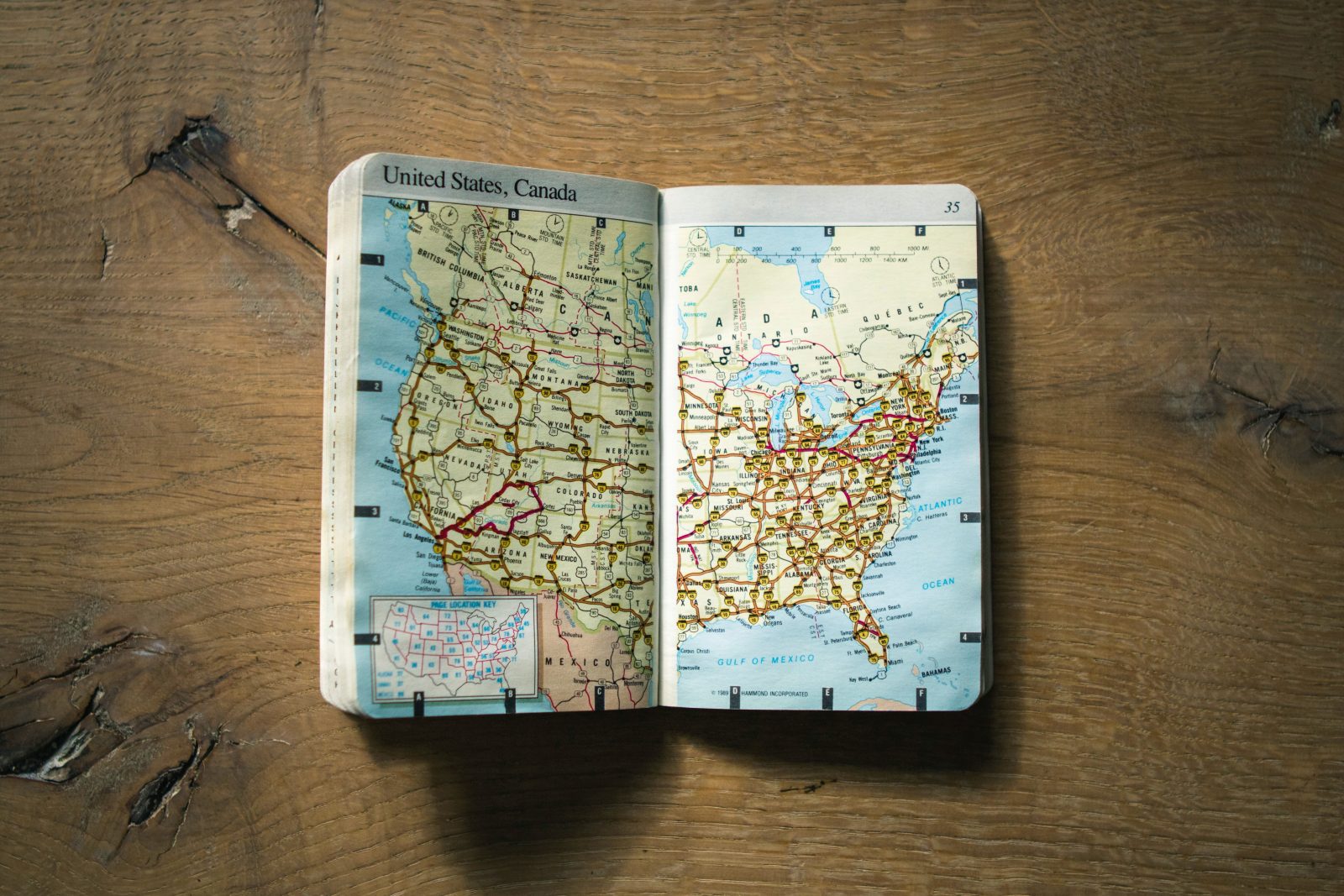When truckers come to our farm for pinto beans, we don’t shake hands or bump elbows. Instead, we practice social distancing: Drivers will pull up and roll down their windows. From seven or eight feet away, we’ll tell them where to go and how to get their load. They’ll stay in or near their cabs the whole time.
Nobody told us to do this. The governor of North Dakota didn’t issue an executive order. The state’s health department didn’t issue guidelines. If the Centers for Disease Control and Prevention has published a memo on the handling of pinto beans, I haven’t seen it.
We made these rules on our own. They make sense for us as well as for the truckers who come from all over. I’ve seen license plates from Arizona, Kansas, Pennsylvania, New York, and elsewhere.
That’s how self-government is supposed to work. It was true for the Founding Fathers and its true for us today during the Covid-19 pandemic.
As our nation starts to loosen its lockdown orders, officials should keep this in mind-and trust American citizens to take responsible steps to stay safe on their farms, at their businesses, and in their homes.
Here on our farm, where were getting ready to plant our corn and soybeans, we welcome scientific information as well as suggestions about how to prevent the spread of a menacing virus. What we don’t need are a set of stifling regulations on how to behave. We are in a better position than any bureaucrat to come up with the code of conduct we’ll use here to keep everyone safe.
 Thomas Jefferson made the point well in a letter he wrote in 1820 to William Charles Jarvis, a diplomat and businessman who also introduced the Merino sheep to the United States. This is one of my all-time favorite quotations: “I know no safe depository of the ultimate powers of the society but the people themselves; and if we think them not enlightened enough to exercise their control with a wholesome direction, the remedy is not to take it from them, but to inform their discretion by education.”
Thomas Jefferson made the point well in a letter he wrote in 1820 to William Charles Jarvis, a diplomat and businessman who also introduced the Merino sheep to the United States. This is one of my all-time favorite quotations: “I know no safe depository of the ultimate powers of the society but the people themselves; and if we think them not enlightened enough to exercise their control with a wholesome direction, the remedy is not to take it from them, but to inform their discretion by education.”
In other words: Help the people but trust them to do the right thing.
A few months ago, I hadn’t even heard the word covid-19. Now we’ve gained an education in it. As we’ve learned about it, I hope we’ve also learned about how we should and shouldn’t respond to threats.
For starters, governments shouldn’t decide who is “essential” and who is “non-essential.” We’re all essential, whether we work on farms, in factories, or at barber shops.
We also need to think about local conditions. North Dakota doesn’t need New York City’s coronavirus rules. Where I live, amid open spaces and low population density, isolation is easy. This is especially true for farmers. We spend a lot of time alone in our tractors, in fields or in our farm office. And the simple fact is that we haven’t seen many cases of coronavirus in our county or surrounding rural area.
Meanwhile, millions of Americans are out of work. Schools are closed. Our hospitals, especially in rural areas, are in danger of collapse-not because they’ve been slammed by a tsunami of coronavirus patients, but because we’ve forced them to cancel the elective surgeries and other procedures that keep them in business.
We have to strike a balance between public health and economic wellbeing. If we don’t conduct ourselves in certain ways, the sickness will spread, and people will suffer. If we turn our backs to economic reality and fail to find creative ways to allow people to work in relative safety, we’ll watch and allow the transmission of diseases of despair, including domestic violence, drug abuse, and suicide.
Everything in life involves risk, from deciding to cross the street to going for a ride in our car. Going to work every day on the farm is a risk. Starting up our economy again will involve risks as well. What we need is an approach that I like to call “common-sense smart.” It involves trusting ordinary Americans to make appropriate choices about how to act.
The biggest risk of all is to refuse to believe that a self-governing people can manage this basic responsibility.
This piece was previously published in the Wall Street Journal on Saturday, May 9, 2020.
Click here to make a donation to the Global Farmer Network.



